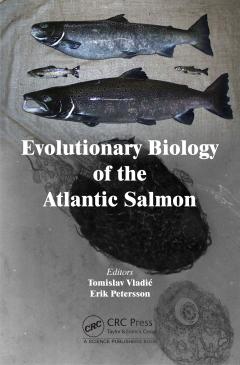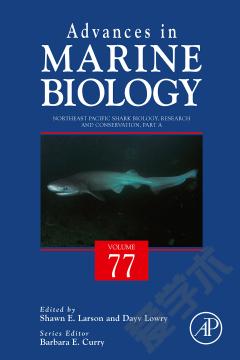Biology, Evolution and Conservation of River Dolphins within South America and Asia
True river dolphins as well as marine dolphins that frequent freshwater systems are large animals that have traditionally gone unnoticed by the general public and, in a certain sense, by marine mammal specialists as well. In fact, only a limited number of researchers have investigated the biology of these dolphin species. This is quite surprising given that these species are commonly the top predators in their habitats. Now for the first time, revolutionary molecular techniques are being applied to answer evolutionary reconstruction questions of many animals, including river dolphins. In addition, new paleontological records are dramatically changing our perspective about the relationships of these dolphins with each other and with other cetaceans. In this book, new census information and important ecological characteristics are provided of the river dolphins Inia, Sotalia, Pontoporia, Lipotes, Phocaena and Platinista. For the first time, molecular and genetic results of theses dolphin species are presented. A compilation of these data is essential if we are to present a strategic conservation plan for these animals. Upon being informed of critical evolutionary historical data, conservation biologists will now be able to tailor their conservation efforts for each threatened river dolphin species. Additionally, new morphological data and the new discoveries in the fossil record for river dolphins are examined. The major dolphin specialists in Colombia, Brazil, Bolivia, Argentina, the United States of America, China, England, India, Japan and New Zealand present their newest results within a single book that graduate students, professors, scientists, evolutionary ecologists, aquatic mammalogists, population ecologists, conservation ecologists, and marine biologists will all find valuable for the foreseeable future.
{{comment.content}}








 京公网安备 11010802027623号
京公网安备 11010802027623号